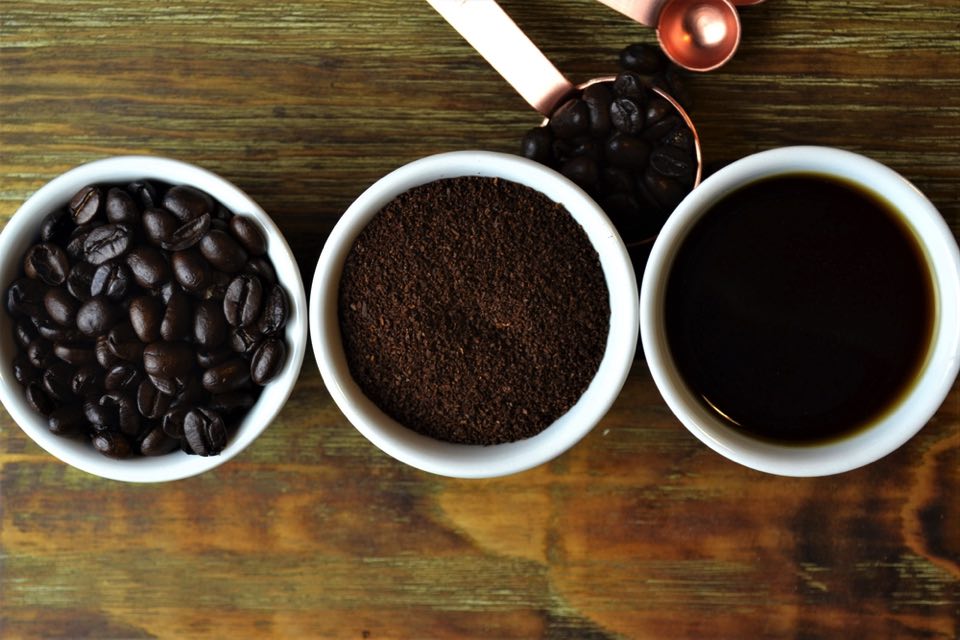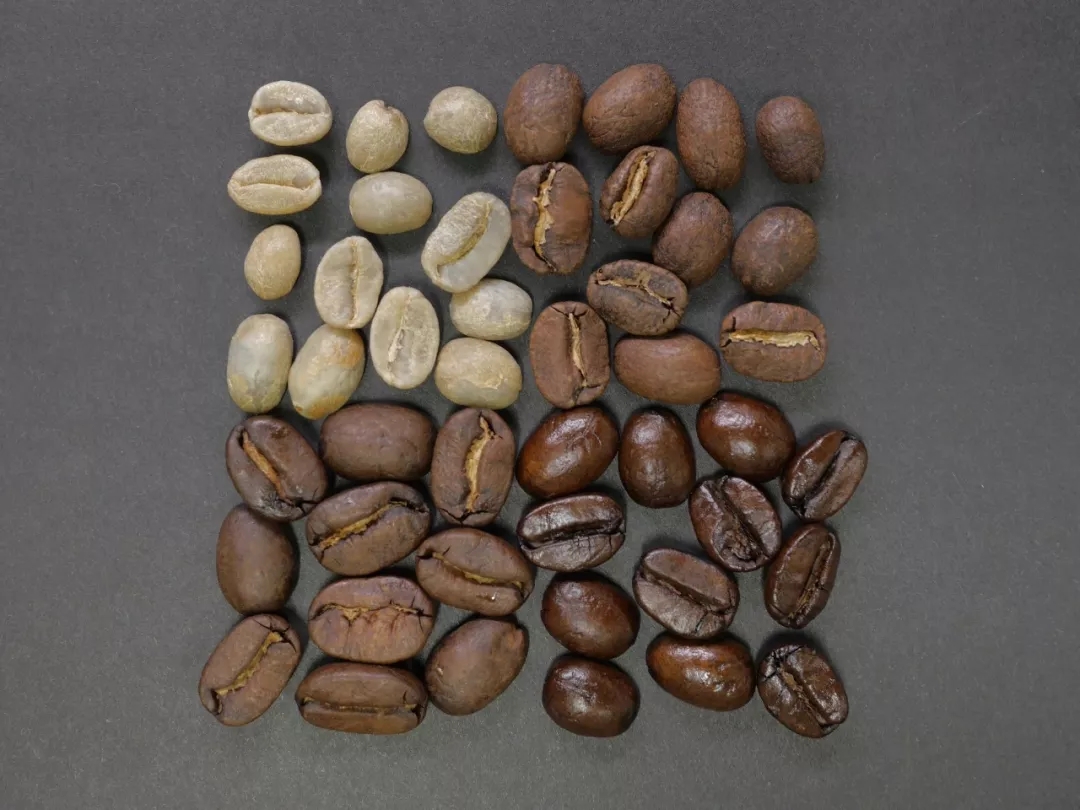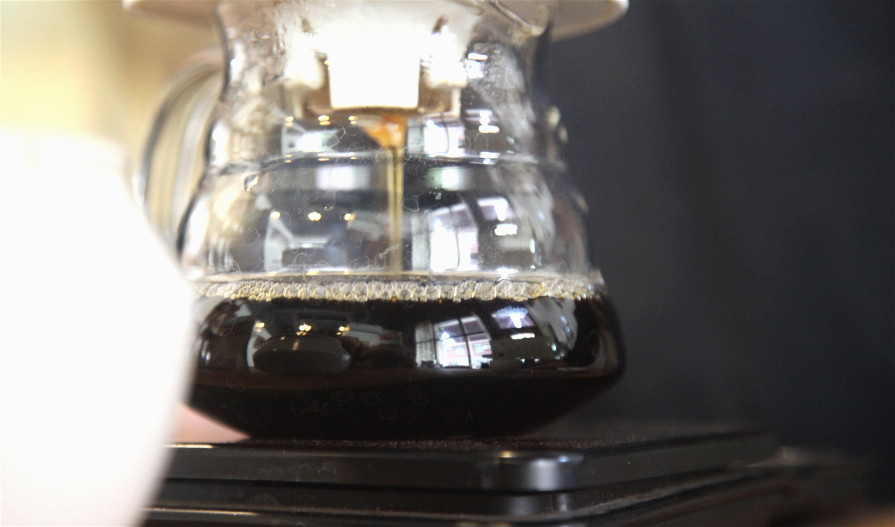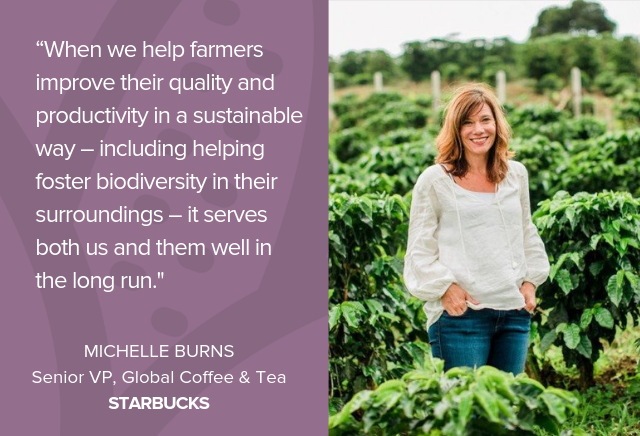Does coffee really cause cancer? How is acrylamide, a carcinogen in coffee, produced?

Professional coffee knowledge exchange more coffee bean information please follow the coffee workshop (Wechat official account cafe_style)
In recent years, more and more scientific studies have proved that drinking coffee has one benefit or another: relieving stress, anti-aging, and reducing the risk of Parkinson's disease. However, some people will ask: doesn't drinking coffee cause cancer?

This view is indeed groundless, because coffee contains a chemical called acrylamide. Many cell and animal science experiments have found that acrylamide can destroy DNA, damage cells and cause cell carcinogenesis. Not only did the World Health Organization list it as a Class 2A carcinogen, but in 2018, the California government even announced that coffee products sold in California should be labeled with acrylamide (acrylamide) warnings to remind consumers that they will be exposed to acrylamide when drinking coffee.
In this way, do you think drinking coffee is very dangerous? Coffee lovers, should we give up this drink? What the editor wants to say, however, is that although it is known that acrylamide causes cancer, the World Health Organization also says it is difficult to calculate at which concentration acrylamide will cause cancer. What's more, foods containing carbohydrates produce acrylamide after being fried. In other words, we come into contact with French fries, potato chips, bread, biscuits, Youtiao, pancakes will have fruit.

It is true that acrylamide does have a degree of health concerns, but what we need to do is not to reject coffee without a brain, but to learn how to drink it (and spread to other everyday things) to be healthier. To do this, we need to understand what acrylamide is and how it is produced.
As a white crystal chemical, "acrylamide" is the product of Mena reaction, which is produced by the reaction of "reducing sugar" and "asparagine" at high temperature (higher than 120 °C). The roasting temperature of coffee can exceed 200 degrees, which is high enough to produce acrylamide. therefore, drinking coffee does have a chance to ingest acrylamide. information from the European Food Safety Agency also shows that coffee is one of the major sources of acrylamide for adults in Europe.
However, there are many factors that affect the content of acrylamide in coffee processing. By controlling these factors, the content of acrylamide can be greatly reduced.
1. Defective beans: the study found that immature coffee fruits have higher asparagine content in coffee beans, so more acrylamide will be produced in subsequent roasting.

2. Roasting degree of coffee: acrylamide needs raw materials to be formed, and the content of asparagine in coffee beans will be produced in large quantities in the early stage of baking, but when the temperature reaches more than 180 degrees in the middle stage of baking, acrylamide will decrease due to thermal degradation.

3. Brewing method: acrylamide is soluble in water, so cooking methods that shorten cooking time, such as "drip filtration", can reduce the dissolution of acrylamide, and the content of acrylamide in coffee liquid is also lower.

It is also important to know that coffee contains acrylamide, which is only about 5 to 20 micrograms in 100 milliliters. Even if you are an extreme coffee addict, it's hard to drink three or four hundred cups a day to get a lot of acrylamide.
It is a good thing to pay attention to health problems, but we must have a rational understanding. Drinking a cup of coffee to master the scientific knowledge is a good attitude towards life.

Reference source: the Foundation of Food Culture and Education for the Public good of Food
Photo Source: Internet
Important Notice :
前街咖啡 FrontStreet Coffee has moved to new addredd:
FrontStreet Coffee Address: 315,Donghua East Road,GuangZhou
Tel:020 38364473
- Prev

Whether Lu Han's favorite American coffee is bitter American hot and cold coffee making method American coffee knowledge
Professional coffee knowledge exchange more coffee bean information please follow the coffee workshop (Wechat official account cafe_style) normally, a cup of American coffee consists of two espressos mixed with 30% 470ml hot water. Because of the large amount of hot water added, American coffee will look light both in appearance and in taste. In addition, the aroma of coffee will be slightly damaged as a result.
- Next

Bean selection Ecology of Starbucks: using Purchasing to achieve Sustainable Management
Professional coffee knowledge exchange more coffee bean information Please follow Coffee Workshop (Wechat official account cafe_style) as a multinational company that consumes 3% of the world's coffee beans annually, how does Starbucks fulfill its corporate responsibility on environmental issues through stringent procurement standards? Through Michelle Burns, the vice president responsible for leading Starbucks' coffee and tea procurement strategy
Related
- Beginners will see the "Coffee pull flower" guide!
- What is the difference between ice blog purified milk and ordinary milk coffee?
- Why is the Philippines the largest producer of crops in Liberia?
- For coffee extraction, should the fine powder be retained?
- How does extracted espresso fill pressed powder? How much strength does it take to press the powder?
- How to make jasmine cold extract coffee? Is the jasmine + latte good?
- Will this little toy really make the coffee taste better? How does Lily Drip affect coffee extraction?
- Will the action of slapping the filter cup also affect coffee extraction?
- What's the difference between powder-to-water ratio and powder-to-liquid ratio?
- What is the Ethiopian local species? What does it have to do with Heirloom native species?

